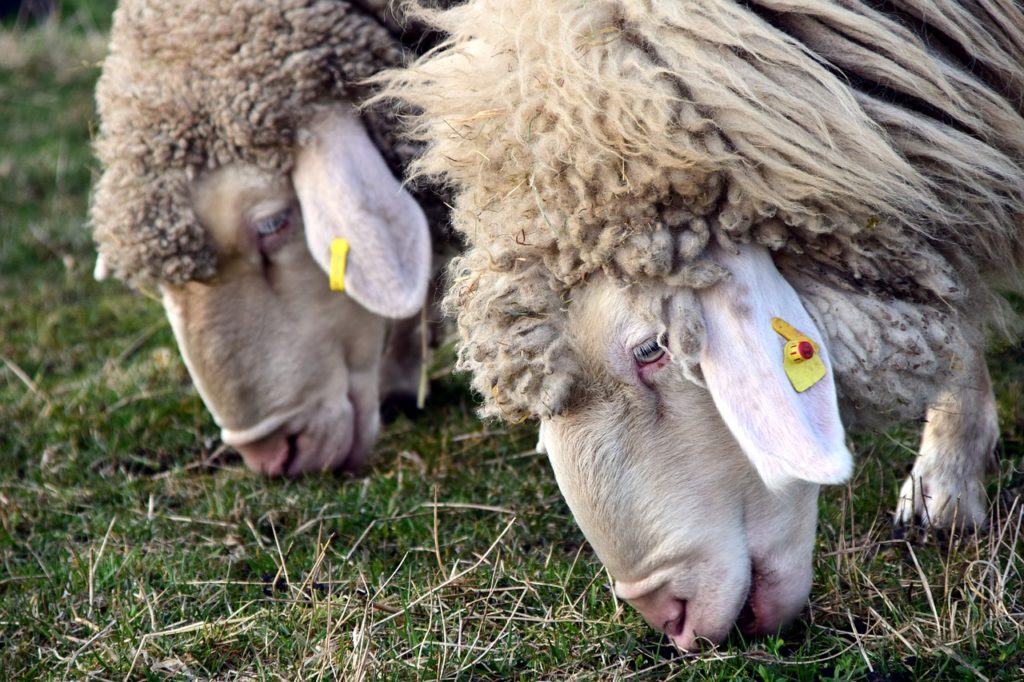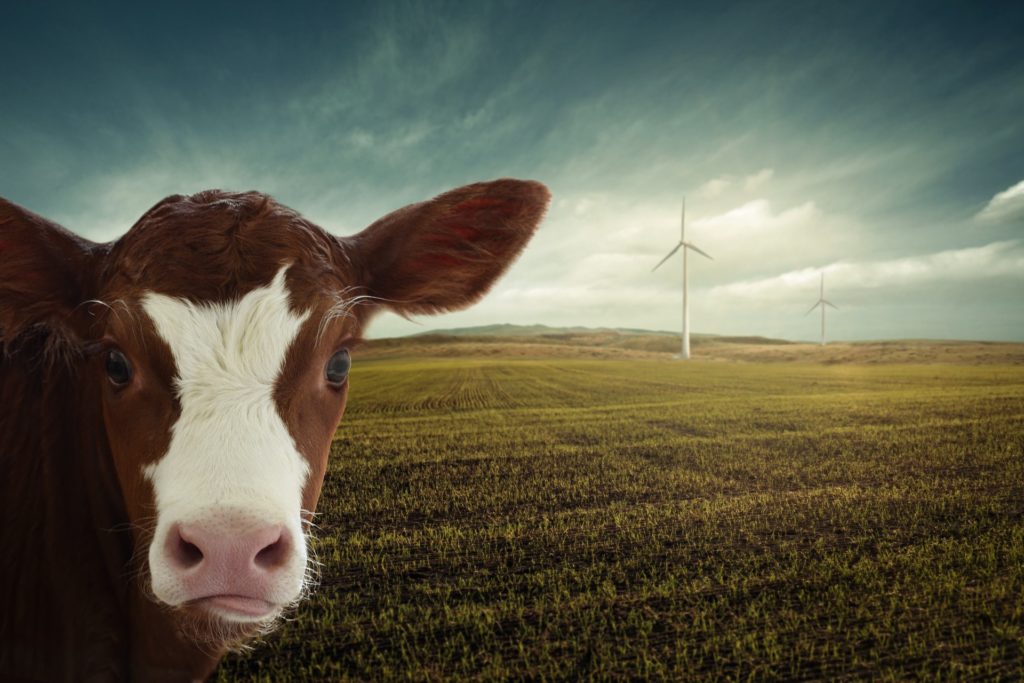“You are being held responsible for global warming that you don’t have.” The Professor of Animal Health, Joaquín Goyache, has been in the news this week for an article that highlights “the false myths about the contribution of livestock to climate change.” This article has been published in different headings, including Cárnica and Eurocarne Magazine, and from Anafric, for your interest in our partners, we reproduce.
Unfortunately, societies assume many stories that are included in the popular heritage despite their scientific inconsistency. They rise to the category of absolute truths that cannot be disputed. It is true that public opinion must be informed about the environmental consequences of development on the climate emergency in which we find ourselves.

Deformed content of reports
The agricultural sector is not neutral in environmental terms and citizens must be aware of this. Unfortunately, various reports that conclude that livestock production has a greater weight in the production of greenhouse gases than transport, energy or other industries have had great media and social repercussions.
It is fallacious to impute to the livestock sector a responsibility for global warming that it simply does not have.
Many times, the content of those reports has been deformed and applied out of the context in which they were made. And it is not the same, for example, the climatic footprint of animal production in a small country with a lot of livestock and little population (and, therefore, with less industry and transport), than in a more populated country where the weight of the impact of livestock production is, proportionally, much less. This stigma especially affects meat production that takes advantage of large areas of land and is responsible for deforestation.
Greenhouse gases (IGE)
Animal production is estimated to be responsible for between 9 and 14% of man-made greenhouse gas emissions. The conclusions of the studies vary enormously according to the methodologies and the regions in which they are carried out. The livestock sector is held responsible for producing, globally, more than 50% of greenhouse gases. These highs are unreal (not to say ridiculous). By contrast, the burning of fossil fuels for energy and transport is responsible for almost 65% of man-made greenhouse gas emissions.
Animal production is responsible for between 9 and 14% of man-made greenhouse gas emissions … but the livestock sector is held responsible for producing, globally, more than 50% of greenhouse gases
Logically, the share of livestock production in the emission of greenhouse gases is small in developed countries (for example, it is considered that it only represents 3% in the US) whose emissions are mainly due to the use of fossil fuels (about 80% in the US, following the same example).
Therefore, livestock production contributes (like any human activity) to global warming, but much less than the energy and transport sectors, not to mention the great impact that deforestation has in this regard.
It is fallacious to impute to the livestock sector a responsibility for global warming that it simply does not have. Many reports greatly simplify the situation, exaggerating (either by using poor methodological approaches or spurious interests) the negative impacts of livestock on the environment and ignoring the many positives.
The combustion of fossil fuels for energy and transport is responsible for almost 65% of man-made greenhouse gas emissions.
Frequently, it is not taken into account in the analyzes that animal production not only provides meat, milk or eggs, but also many other goods (fur, wool, gut or manure, among others) and value-added services that are largely essential. part of the globe (workforce for plowing or transportation, for example) that are fundamental in our society and, mainly, in developing countries. Animals for slaughter, of course also in our country, tend to be closely integrated into ecosystems, such as sources of organic fertilizer and consumers of crop by-products. Therefore, to accurately estimate the “climate footprint” of animal production, emissions from alternative productions (eg manure versus industrial fertilizers, leather versus synthetic fibers derived from hydrocarbons, wool versus microfiber, etc.) must be assessed.
The analyzes do not take into account that animal production not only provides meat, milk or eggs, but also many other goods (fur, wool, casing or manure, among others) and value-added services that are largely essential of the globe (workforce for plowing or transportation, for example) that are fundamental in our society and, mainly, in developing countries
Modern livestock production improvements
Consequently, the reality is very different. The vast majority of developed countries have not experienced significant changes in land use in recent decades to dedicate them to livestock production. Undoubtedly, this fact massively affects the least favored regions of the planet; areas where a growing population lives in permanent food emergency and demands greater meat production.

It does not take into account that modern livestock production has experienced a notable improvement in efficiency: the number of animals required to produce products that meet social demands has decreased significantly.
Although developed societies assume otherwise, the sustainable intensification of livestock production compatible with animal welfare offers great opportunities to mitigate climate change by reducing deforestation, contributing in the long term to a sustainable use of ecosystems. At the same time, the most rigorous research must inform society of the extremely important contribution of extensive and sustainable livestock production to the conservation of high-value ecosystems and biodiversity.
Solution: communication and effort in transparent production
The livestock sector, for its part, must strive to evolve with society by adopting transparent production methods as a result of rigorous research and open scientific and professional debate. Therefore, the medium and long-term solution can only go through the empowerment of multidisciplinary research, which includes not only veterinarians, agricultural engineers and economists, but also environmentalists, communicators, sociologists and legislators, who provide solutions to this transversal problem, working closely with the productive sector and the government, so that they can design appropriate policies for the future of an essential sector.
Sustainable intensification of livestock production compatible with animal welfare offers great opportunities to mitigate climate change by reducing deforestation, contributing in the long term to a sustainable use of ecosystems
Meanwhile, the transparent debate on livestock production and climate change must be deepened, informing public opinion more precisely, and trying to counter, from the productive sector and the administrations, the numerous malicious information issued without any type of scientific basis. ”
















